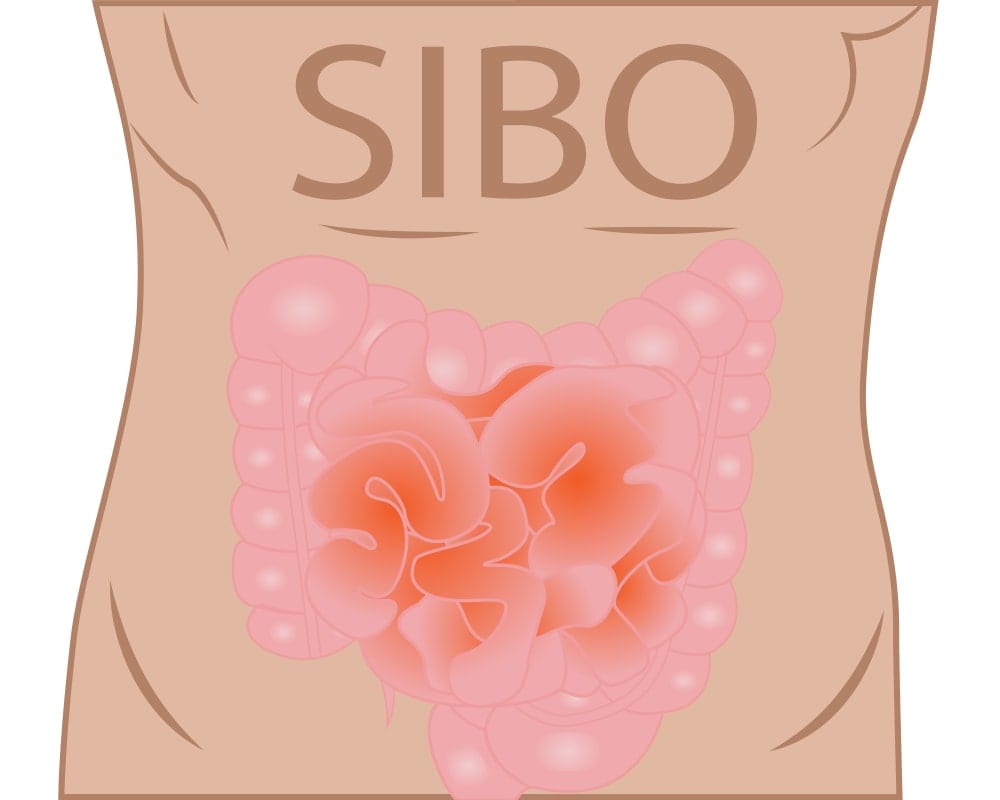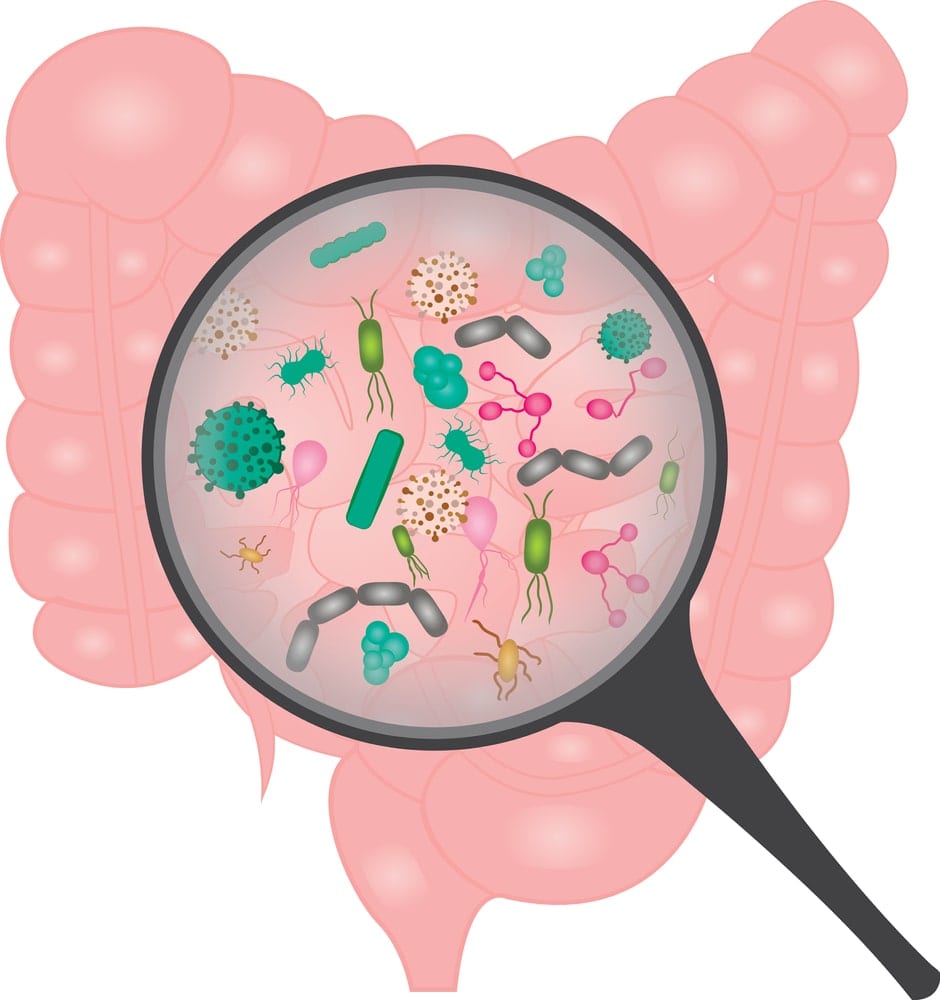SIBO
What is SIBO?
SIBO, or small intestinal bacterial overgrowth, is a critical condition of the small intestine that occurs when bacteria that normally reside in the tissue outside of the vital organs makes its way into the small intestine. This bacteria causes excruciating abdominal pain accompanied by diarrhea and, in a few cases, malnutrition.
SIBO Symptoms
Symptoms of SIBO often include:
- Pain in the stomach after meals
- Abdominal cramps
- Constant feeling of fullness
- Loose stools
- Constipation
- Indigestion
- Persistent gas
- Unexplained weight loss
Anyone who experiences any of the signs mentioned above for longer than a few days should seek medical advice.
In order to reach a diagnosis, the doctor will review your medical history for risk factors and perform a physical exam by feeling around your abdomen for abnormalities. They might also take a breath sample to test for the presence of methane and hydrogen gas, which is typically a conclusive indicator of SIBO.
In the occasional case of an unclear result from the breath test, you may be asked to provide a bowel sample for a more thorough evaluation.
Antibiotics
To control bacterial overgrowth, antibiotics like metronidazole, rifaximin, or ciprofloxacin are prescribed. In severe cases, intravenous fluids are required to alleviate malnutrition or dehydration that resulted from the bacterial infection.
Antibiotics are only the first step to eliminating SIBO. Treatment plans including dietary elements are also necessary to heal properly.
Diet
In order to completely heal from SIBO, lifestyle changes must also be enacted. It is usually recommended that those suffering from SIBO:
- Follow a balanced diet consisting of lots of fruits, vegetables, and whole grains.
- Consume smaller portions of food.
- Remove gluten-based products from.
- Follow an elemental diet, which replaces food and drinks with liquid formulas.
- Use probiotics.
Summary
SIBO can become dangerous very quickly if left untreated. Talk to your doctor if you feel that you are experiencing the symptoms listed above.









